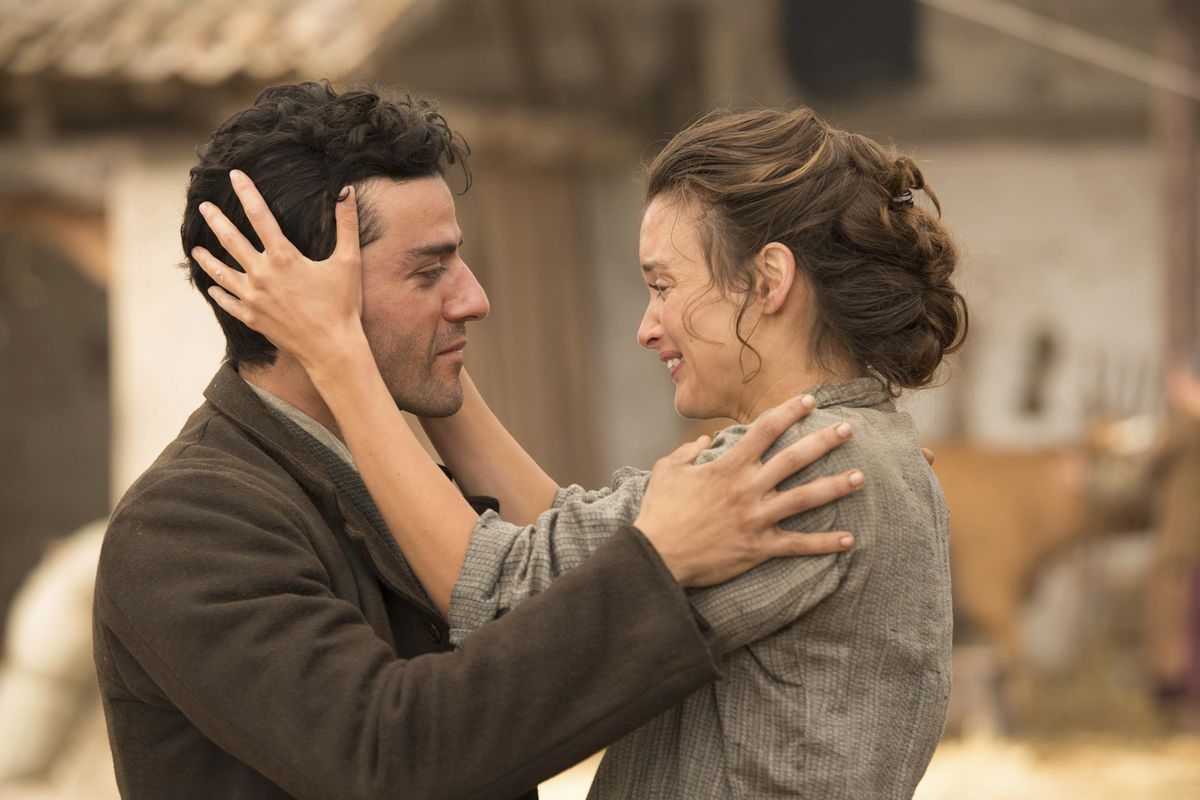Review: ‘The Promise’ falls flat

History is rife with horrific events that somehow manage to demonstrate true humanity and heroism. Many of these events are underreported, underrepresented and misunderstood, such as the Armenian Holocaust – the systemic extermination of 1.5 million Armenians by the Ottoman Empire, starting in 1915.
Knowledge of this genocide isn’t universal, and the Republic of Turkey still refuses to acknowledge it. Cinema has always been a useful tool for creating understanding and empathy in mass audiences, and the epic melodrama “The Promise,” based on these events, seeks to remedy popular understanding of the horror. It’s a noble undertaking that only partially succeeds.
Written by Robin Swicord and Terry George, directed by George, “The Promise” has all the trappings of a romantic wartime epic – movie stars, love triangles, exotic destinations. With all of the talent behind the camera and in front of it, it’s confounding then that “The Promise” falls so flat. The film boasts Oscar Isaac, Christian Bale, gorgeous European shooting locations, and experienced talent steering the ship, but somehow all of that adds up to very, very little.
The film is a color-by-numbers wartime drama. Isaac plays Mikael, a young medical student from a small Armenian village, pursuing his fortune in Constantinople. There he befriends a young Turk (Marwan Kenzari) and an American reporter (Bale) and falls in love with a worldly and well-traveled Armenian woman, Ana (Charlotte Le Bon), though he’s promised to a young woman back home. When Turkey enters World War I, the group is torn apart by hatred, racism and violence.
At least, that’s what we can somewhat glean from the events depicted onscreen. Throughout its entire two-plus hour running time, there is nary an explanation of the political machinations behind the persecution of the Armenians. There’s a bit of chit chat and singing with some German soldiers, a mean Turkish father, and then suddenly everyone’s being executed and shipped off to labor camps while villages burn.
The lack of explanation could be intended to align us with Mikael’s naive perspective. But you’ll definitely leave “The Promise” with far more questions than you might have started with. Perhaps we can never really answer why one group commits genocide against another, but it feels slightly irresponsible to make a film shedding light on this atrocity and then not attempt to explain it in the least.
Instead, “The Promise” is mostly concerned with the love triangle between Ana, Mikael and Chris, the reporter. And yet, even the love triangle itself is a disappointment, as these men never seem too concerned that the other is romancing his girl.
The usually charismatic Isaac is saddled with a dud of a character. Mikael spends most of the film buffeted to and fro by forces beyond his control, like the Turkish Army and his mother (Shohreh Aghdashloo), deferring to the desires of others. It’s not until the third act that he starts to make his own decisions. The swaggering heroics are given to Bale as the Hemingway-esque American foreign correspondent.
With seemingly all the right pieces, it’s a disappointment that “The Promise” lacks the energy and originality needed to sustain itself. It might be fresh material, but the approach is decidedly stale.